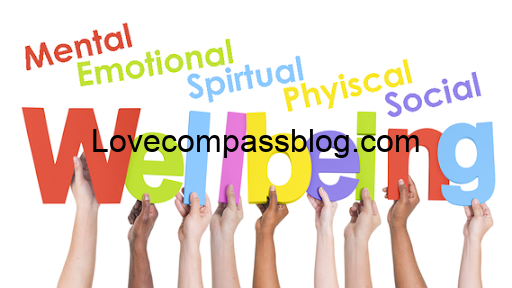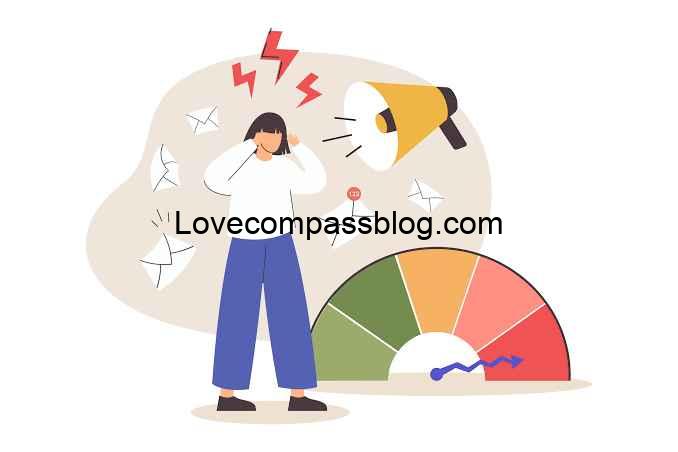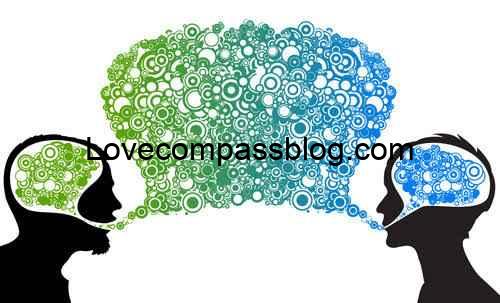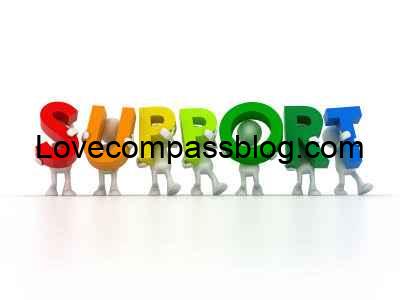Avoiding the Pitfalls of Codependency: An In-Depth Guide
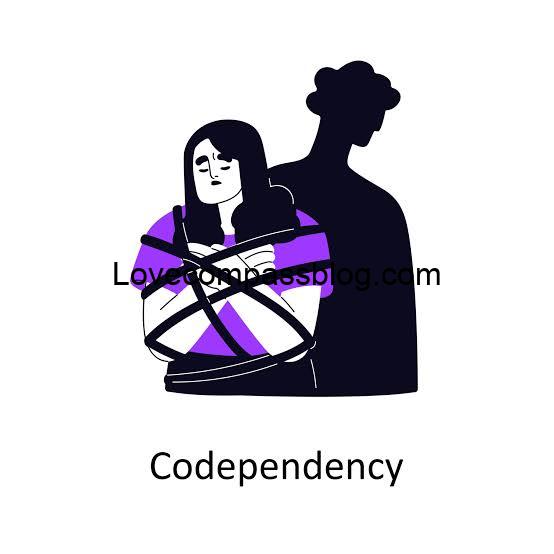
Codependency, a concept commonly associated with dysfunctional relationships, occurs when an individual excessively relies on their partner for emotional support, self-esteem, and validation, often to the detriment of their own needs. This behavior pattern can severely impact one’s mental and emotional well-being. To navigate relationships healthily, it is crucial to understand what codependency is, recognize its signs, and learn strategies to overcome it. This guide will provide comprehensive information on codependency, addressing its causes, effects, and practical steps for avoiding its pitfalls.
Codependency in Relationships
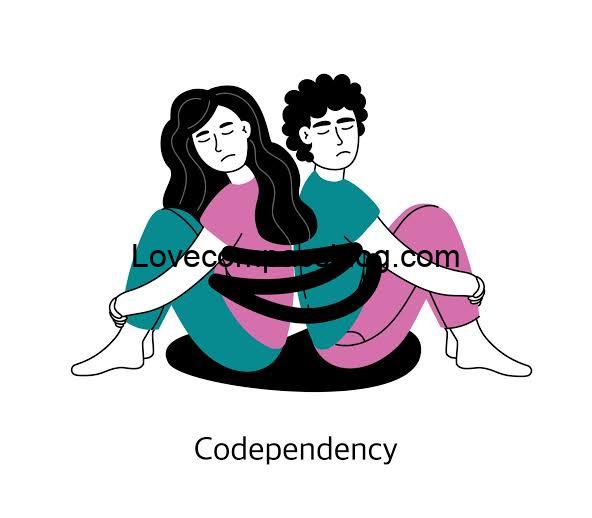
Signs and Symptoms of Codependency
Recognizing codependent behavior is vital for maintaining healthy relationships. Key indicators include:
- Over-Involvement in Others’ Lives: A codependent person may feel compelled to manage their partner’s emotions and life decisions, often neglecting their own needs.
- Difficulty Setting Boundaries: Codependent individuals often struggle to say “no,” resulting in the blurring of personal boundaries and a loss of self-identity.
- Constant Need for Approval: A hallmark of codependency is the relentless pursuit of validation from others, leading to a diminished sense of self-worth.
- Fear of Abandonment: Codependent individuals may go to great lengths to avoid being alone, often staying in unhealthy relationships due to a deep-seated fear of abandonment.
These behaviors, while seemingly supportive, are rooted in a desire to control or avoid rejection, often at the expense of one’s well-being.
Causes and Origins of Codependency
Codependency often stems from early life experiences. Some common causes include:
- Family Dynamics: Growing up in an environment where emotional needs were unmet or where a parent struggled with addiction or mental health issues can foster codependent tendencies. Children in such environments may learn to suppress their needs to maintain family harmony.
- Attachment Issues: Inconsistent or neglectful caregiving can lead to insecure attachment styles, making individuals more prone to codependent behaviors in adulthood. This insecurity often manifests as a need to seek constant reassurance and approval in relationships.
- Past Trauma: Experiences of trauma, particularly in formative years, can lead to a heightened need for control in relationships as a coping mechanism, further contributing to codependent patterns.
Understanding these origins is crucial in breaking free from the cycle of codependency, as it allows individuals to address the root causes of their behaviors.
Codependency vs. Interdependence
It’s important to differentiate between codependency and interdependence:
- Codependency: Involves an unhealthy reliance on another person for emotional needs and self-worth, often leading to imbalanced and dysfunctional relationships.
- Interdependence: Represents a balanced relationship where both partners support each other emotionally while maintaining their own identity and independence.
In an interdependent relationship, both partners can thrive individually and together, fostering mutual respect and support. By contrast, codependency often leads to a one-sided relationship where one partner’s well-being is sacrificed for the other’s needs.
The Pitfalls of Codependency

Effects of Codependency on Relationships
Codependency can severely disrupt relationship dynamics:
- Power Imbalance: Codependent relationships often involve one partner assuming a caretaking role, while the other becomes overly reliant on this support. This imbalance can lead to resentment, frustration, and emotional exhaustion.
- Stunted Personal Growth: When one partner’s life revolves around the other’s needs, both individuals may experience limited personal development. The codependent partner may neglect their aspirations, hobbies, and friendships, leading to a loss of identity.
- Erosion of Trust and Intimacy: The controlling behaviors often associated with codependency can erode trust and intimacy in relationships. The constant need to manage or please the other person prevents the development of genuine, deep connections.
These effects underscore the importance of recognizing and addressing codependent behaviors to foster healthier, more balanced relationships.
Codependency and Mental Health
The impact of codependency extends beyond relationships, affecting mental health in several ways:
- Low Self-Esteem: Codependent individuals often base their self-worth on their ability to meet others’ needs, leading to chronic low self-esteem and a lack of self-confidence.
- Anxiety and Depression: The emotional strain of constantly seeking validation and fearing abandonment can contribute to anxiety and depression. The stress of maintaining a codependent relationship can also lead to burnout and emotional exhaustion.
- Addiction and Maladaptive Coping Mechanisms: To cope with the pressures of codependency, individuals may turn to substances, overeating, or other unhealthy behaviors, further compounding their mental health challenges.
Addressing these mental health issues is crucial for individuals seeking to break free from codependent patterns and achieve emotional well-being.
Long-Term Consequences of Unaddressed Codependency
If codependency is not addressed, it can lead to long-term consequences:
- Chronic Unhappiness: Codependent individuals may find themselves perpetually dissatisfied with life, as their self-worth is tied to the approval of others. This chronic unhappiness can affect all areas of life, including work, social interactions, and overall quality of life.
- Repeated Unhealthy Relationships: Without intervention, codependent individuals are likely to repeat the same dysfunctional patterns in future relationships. This cycle of unhealthy relationships can prevent personal growth and lead to ongoing emotional distress.
- Physical Health Issues: The stress and emotional turmoil of codependency can manifest in physical health problems, such as high blood pressure, heart disease, and a weakened immune system.
These long-term effects highlight the importance of addressing codependency early on, to prevent it from negatively impacting one’s life in the long term.
Strategies for Avoiding Codependency Pitfalls

Preventing Codependency
Prevention is key to avoiding codependency. Strategies include:
- Building Self-Awareness: Regularly assessing one’s emotional needs and behaviors can help identify potential codependent tendencies before they take root.
- Establishing Healthy Boundaries: Setting clear boundaries in relationships ensures that one’s needs are met without compromising personal well-being. This includes knowing when to say “no” and not feeling guilty for prioritizing oneself.
- Cultivating Self-Reliance: Developing self-reliance and self-esteem reduces the likelihood of becoming overly dependent on others for validation. This can be achieved by pursuing personal interests, maintaining friendships outside the relationship, and engaging in self-care activities.
- Avoiding Toxic Relationships: Being mindful of relationship dynamics and avoiding those that exhibit signs of toxicity or imbalance can prevent codependency from developing.
By incorporating these strategies into daily life, individuals can reduce the risk of falling into codependent patterns.
Managing Codependency in Existing Relationships
For those already in a codependent relationship, it is possible to manage and reduce these behaviors:
- Seeking Counseling or Therapy: Professional help can provide valuable tools and techniques for breaking codependent habits. Therapy can assist in understanding the root causes of codependency and developing healthier relationship patterns.
- Breaking Codependent Habits: This involves actively working on behaviors such as over-involvement in the partner’s life, constantly seeking approval, and neglecting one’s needs. Techniques such as mindfulness, journaling, and practicing self-compassion can aid in this process.
- Learning Emotional Detachment: Emotional detachment does not mean withdrawing from the relationship but rather allowing each partner to take responsibility for their emotions and happiness. This approach encourages healthier, more balanced relationships.
- Setting New Relationship Standards: Redefining what is acceptable in a relationship and communicating these standards to the partner can help reset the dynamic and reduce codependency.
Managing codependency in existing relationships requires ongoing effort and commitment, but it can lead to more fulfilling and balanced connections.
Building Healthy Boundaries
Healthy boundaries are crucial for maintaining emotional well-being in relationships. Steps to build and maintain these boundaries include:
- Identifying Personal Limits: Understanding what is acceptable and what is not in a relationship helps in setting clear boundaries. This includes emotional, physical, and mental limits.
- Communicating Boundaries Effectively: Openly discussing one’s boundaries with a partner ensures that both parties are aware of each other’s needs and limits. Effective communication is key to maintaining healthy boundaries.
- Practicing Self-Esteem Building: Engaging in activities that boost self-esteem, such as pursuing hobbies, setting personal goals, and practicing self-care, strengthens one’s ability to maintain boundaries.
- Fostering Relationship Self-Sufficiency: Encouraging independence within the relationship, where each partner is responsible for their emotional and personal needs, helps prevent codependency.
Healthy boundaries create a foundation for respectful and balanced relationships, allowing both partners to thrive individually and together.
Overcoming Codependency Challenges
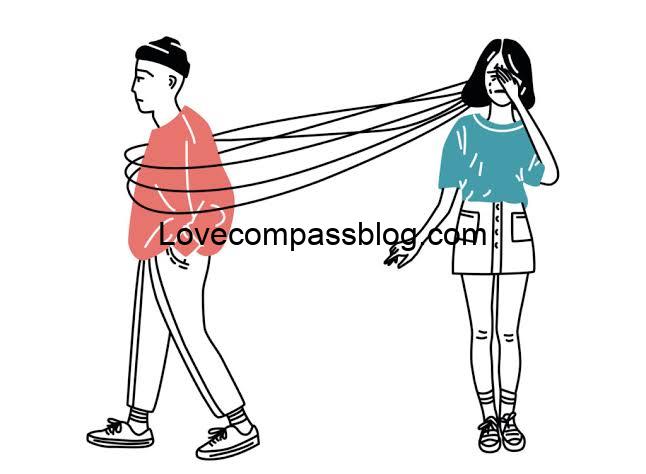
Codependency Recovery Process
Recovery from codependency is a journey that involves self-reflection, professional guidance, and personal growth. Key steps in the recovery process include:
- Acknowledging Codependent Behaviors: The first step is recognizing and admitting the presence of codependent behaviors and understanding their impact on one’s life.
- Engaging in Therapy: Professional therapy, particularly cognitive-behavioral therapy (CBT), can help individuals understand the underlying causes of their codependency and develop healthier ways of relating to others.
- Prioritizing Self-Care: Focusing on one’s own needs, desires, and well-being is essential for breaking free from codependent patterns. This may involve setting aside time for relaxation, pursuing hobbies, and engaging in activities that promote mental and physical health.
- Practicing Mindfulness: Mindfulness practices, such as meditation and deep breathing exercises, can help individuals stay present and reduce anxiety related to codependency.
Recovery from codependency is a gradual process that requires patience and perseverance. Each step taken towards recovery contributes to the development of healthier relationships and a stronger sense of self.
Developing Emotional Independence
Achieving emotional independence is critical in overcoming codependency. It involves:
- Cultivating Self-Love: Learning to appreciate oneself without needing external validation is a cornerstone of emotional independence. This can be nurtured through affirmations, self-reflection, and embracing personal strengths and flaws.
- Building Emotional Resilience: Developing the ability to manage emotions independently and cope with life’s challenges without relying on a partner for emotional stability is vital. Techniques such as emotional regulation, stress management, and developing a support network of friends and family can aid in this process.
- Reducing Over-Reliance on Others: Gradually reducing dependence on others for emotional support fosters independence. This may involve taking responsibility for one’s own emotions, making decisions independently, and seeking fulfillment in solo activities.
Emotional independence empowers individuals to engage in relationships from a place of strength, rather than neediness, allowing for more balanced and fulfilling connections.
Sustaining Recovery and Preventing Relapse
Maintaining progress in overcoming codependency requires ongoing effort and awareness. Strategies to sustain recovery include:
- Regular Self-Check-Ins: Periodically assessing one’s behavior and emotions helps in identifying any slip back into codependent patterns. This practice can involve journaling, reflecting on relationship dynamics, and seeking feedback from trusted friends or therapists.
- Continuous Learning and Growth: Staying informed about healthy relationship practices and personal development through reading, attending workshops, or engaging in therapy can reinforce recovery. Committing to lifelong learning and self-improvement helps prevent relapse.
- Developing a Strong Support System: Building a network of supportive friends, family, and professionals who understand codependency can provide encouragement and guidance during challenging times. Regular communication with these individuals helps maintain focus on recovery goals.
- Avoiding High-Risk Situations: Being aware of situations or individuals that may trigger codependent behaviors and learning to navigate or avoid them is crucial for long-term success.
Sustaining recovery requires vigilance and a proactive approach, but it is achievable with the right mindset and support.
Conclusion
Codependency is a complex and challenging issue that can have far-reaching effects on relationships and personal well-being. By understanding its origins, recognizing its signs, and implementing strategies to avoid and manage it, individuals can foster healthier, more balanced relationships. Emotional independence, healthy boundaries, and ongoing personal growth are key to overcoming codependency and achieving fulfilling, supportive connections.

